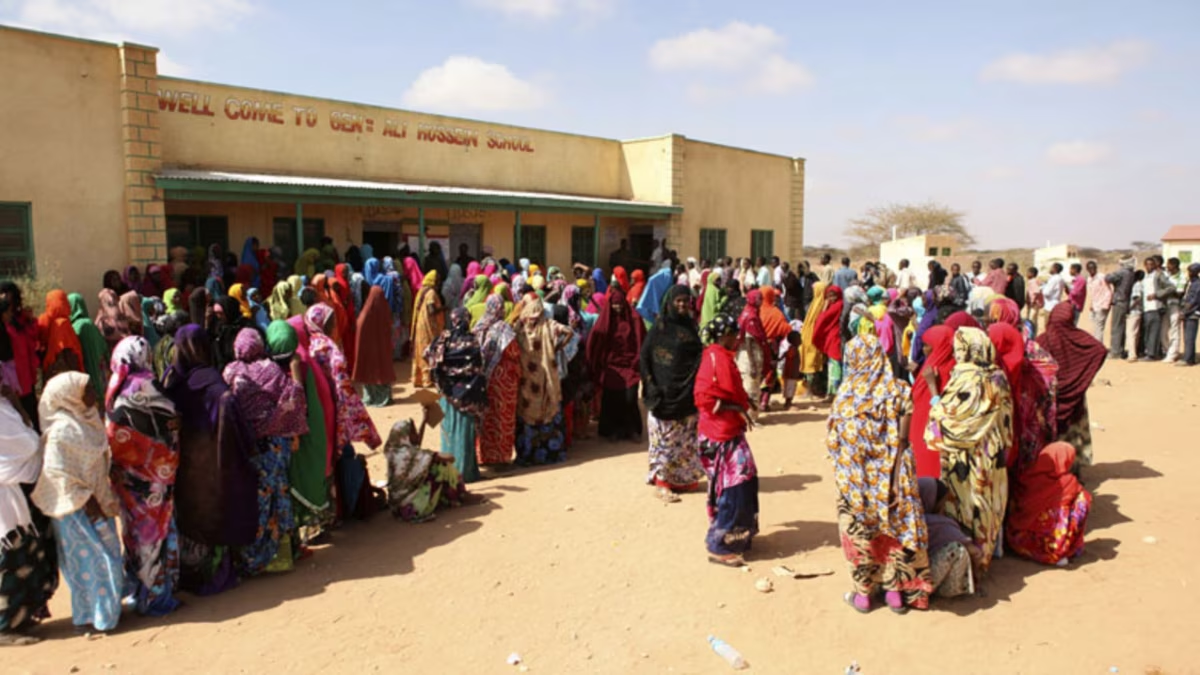
Somaliland, a self-declared republic in the northwest of Somalia, is set to hold a critical presidential election on Wednesday, stirring regional tensions in the Horn of Africa.
Declared independent in 1991, Somaliland has remained far more stable than Somalia, yet remains internationally unrecognized.
Despite this, the territory has maintained its own currency, passports, and military, establishing a unique identity separate from Somalia.
The election comes as a diplomatic dispute simmers between Somaliland, Somalia, and Ethiopia.
In January, Somaliland’s president, Muse Bihi, signed a preliminary agreement granting Ethiopia access to a 20-kilometer stretch of Somaliland’s Red Sea coastline.
This deal, meant to secure Ethiopian recognition of Somaliland, remains unconfirmed and has fueled concerns of conflict.
Opposition candidates Abdirahman Mohamed Abdullahi, known as “Irro,” and Faysal Ali Warabe have largely refrained from criticizing the agreement.
Bihi, however, has made this diplomatic initiative central to his re-election platform, vowing to advance the deal if he secures another term.
Local analyst Guleid Ahmed Jama suggests Bihi’s focus on foreign diplomacy may overlook the pressing needs of Somaliland’s 1.2 million voters, who are more concerned with economic stability and peace.
Campaigns have been colorful and spirited, though marked by accusations that Bihi’s governance has exacerbated clan tensions and economic challenges.
The contest has exposed divisions within Somaliland’s society, with Irro positioning himself as a unifying leader despite offering few specific policy changes.
As voters prepare to cast their ballots, the region stands on edge, with the outcome potentially impacting both internal stability and broader geopolitical dynamics.
